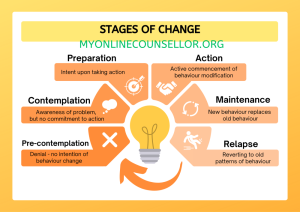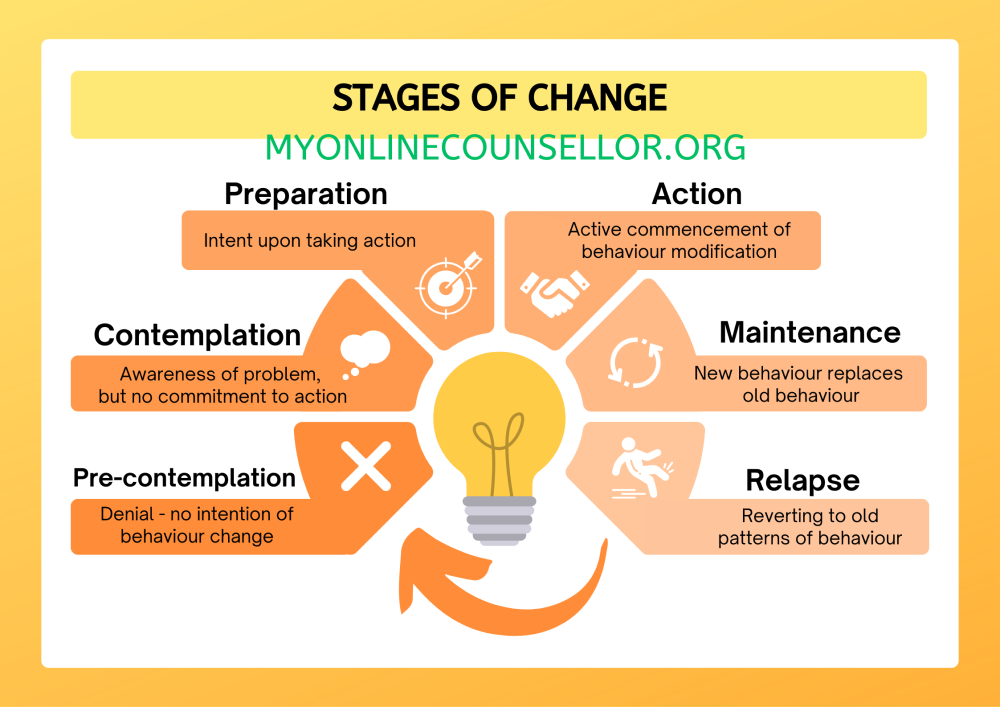Change can be exhilarating. A new home, a new school, a fresh start. But for many, these changes come with a heavy burden: anxiety, loneliness, and the constant fear of being different. For some, this is not just a childhood phase but a lifelong struggle that continues to shape their adult lives.
As children, moving to a new place means more than just packing boxes and decorating a new room. It's leaving behind friends, familiar streets, and a sense of belonging. Each move is a step into the unknown, where the anxiety of being the "new kid" is a constant companion. Walking into a new school, the eyes of curious classmates can feel like a spotlight, exposing every difference. The local accent, unfamiliar slang, or just being the stranger in an established group can make fitting in feel like an impossible task.
The loneliness of never fitting in can be profound. While other kids forge friendships that will last through childhood, the child who moves frequently might find themselves on the periphery, always the outsider. They learn to adapt, to blend in, but this comes at a cost. They might develop a chameleon-like ability to fit in superficially, but deep down, there's a longing for genuine connection and acceptance.
This struggle doesn’t end with adulthood. The childhood experiences of constant change and the pressure to adapt can lead to trust issues and a fear of change. Moving houses, changing jobs, or even forming new relationships can trigger the same anxieties felt in those school corridors. The fear of being judged, of not fitting in, or of having to start over again can be overwhelming.
Adults who experienced frequent moves in their childhood often carry a wariness of new environments and people. Trusting others becomes a challenge; the fear of forming connections only to have them severed is always lurking in the background. This can lead to isolation and a reluctance to embrace new opportunities.
Moreover, the deep-seated fear of change can stifle personal and professional growth. The comfort of the familiar, even if it's not entirely satisfying, often outweighs the potential benefits of the unknown. This can mean staying in a job that no longer inspires, avoiding new social situations, or sticking to routines that feel safe but limiting.
But understanding the roots of these feelings is the first step towards overcoming them. Recognising that the anxiety and trust issues stem from past experiences can empower individuals to confront and address them. Seeking therapy or joining support groups can provide strategies to manage anxiety and build trust. Slowly, step by step, it's possible to embrace change and form meaningful connections.
For those who have moved frequently, it's important to acknowledge the resilience and adaptability these experiences have fostered. These are strengths that can be harnessed. Embracing the positives, such as the ability to adapt quickly and a broad perspective on different cultures and communities, can help mitigate the negatives.
In sharing these experiences, we find that we are not alone. Many have walked the same path and come out stronger on the other side. By talking about the anxiety of change, the loneliness of never fitting in, and the trust issues that follow, we can create a community of support and understanding. After all, it's through connection that we find the courage to face our fears and embrace the new chapters in our lives.


